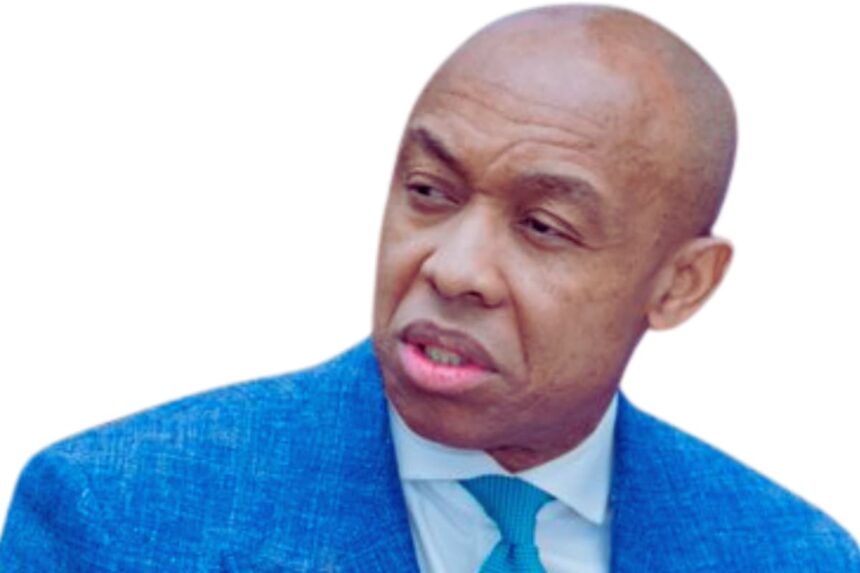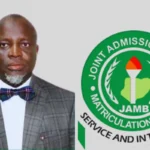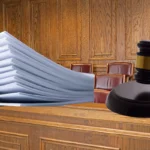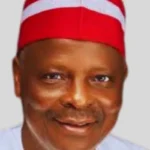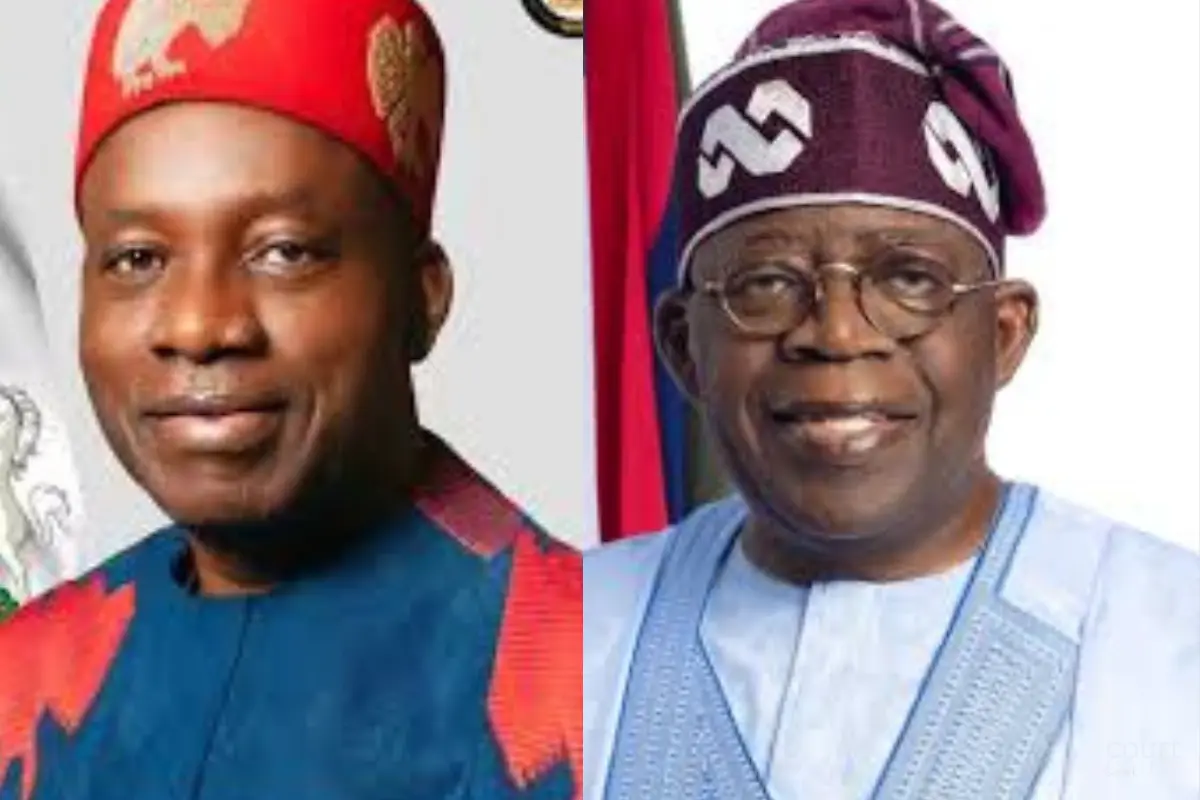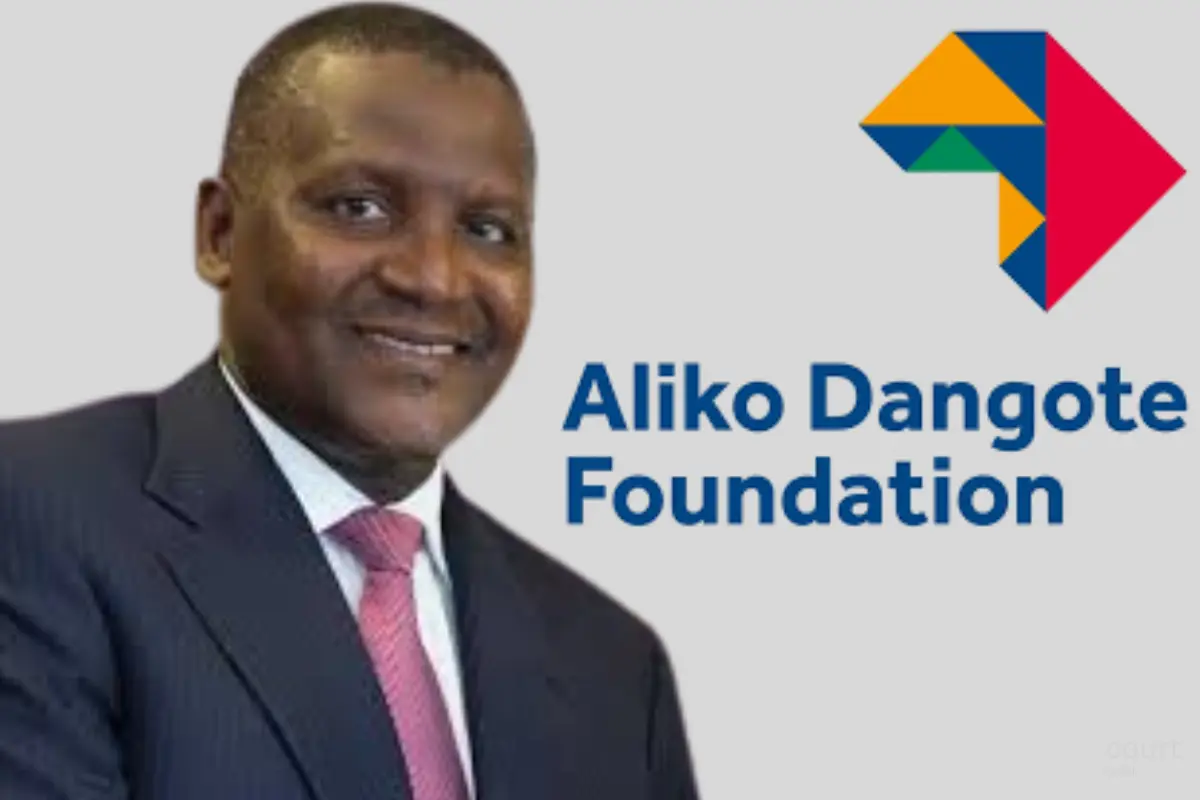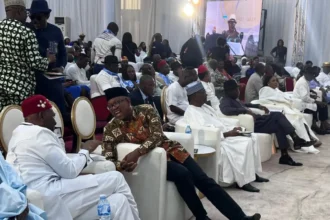Renowned legal expert and human rights activist, Chidi Anselm Odinkalu, has raised concerns over apparent inconsistencies in the handling of legal cases related to the ongoing political crisis in Rivers State. Kalu, a former Chairman of the National Human Rights Commission and a vocal advocate for judicial transparency, highlighted troubling disparities in how courts have processed cases linked to the power struggle between Governor Siminalayi Fubara and his predecessor, Nyesom Wike.
In a recent analysis, Kalu pointed out that while the Supreme Court of Nigeria swiftly ruled on multiple cases filed by the faction loyal to Wike in February 2025, other critical cases remain unresolved, raising questions about judicial fairness. He specifically referenced FHC/PH/CS/90/2024 (Oko-Jumbo & Others v. Martin Amaewhule & Others), a case filed in April 2024 to determine the effects of political defections. Despite the Supreme Court having already ruled on the broader issue, this case continues to languish at the Federal High Court, allegedly at the discretion of the presiding judge.
Furthermore, Kalu noted that another crucial case—FHC/ABJ/CS/978/2024 (APP v. INEC & Others)—has been pending at the Court of Appeal in Abuja since December 2024 under the reference CA/ABJ/CV/1208/2024. Despite the lengthy delay, the same appellate court reportedly delivered a ruling favoring the opposing faction in less than six weeks, underscoring what Kalu sees as an imbalance in judicial urgency.
Adding to his concerns, Kalu highlighted how cases filed in July 2024 by individuals aligned with Wike were swiftly determined in their favor, progressing rapidly through the Federal High Court, the Court of Appeal, and the Supreme Court. He suggested that the stark contrast in case timelines raises suspicions about political interference in Nigeria’s judiciary.
Kalu’s analysis resonates with broader concerns about judicial integrity in Nigeria, where politically sensitive cases often receive selective prioritization. The Rivers political crisis, already a test of the state’s governance, has now extended its implications to the legal system, prompting calls for greater judicial accountability.
As the legal battles continue, all eyes remain on the courts to see whether due process will ultimately prevail or whether political influence will dictate judicial outcomes.
